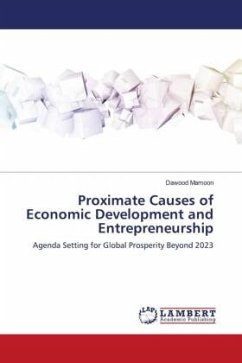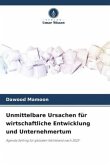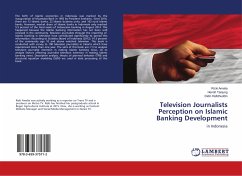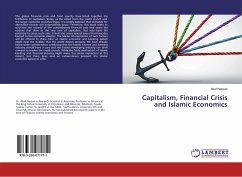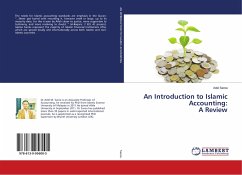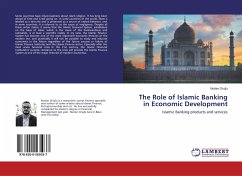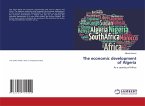The book sets an agenda for economic prosperity within nation states. The proximate causes of Economic Development range from proximity of countries to international markets to sectoral development within domestic economies where Industry should take a central role, An early emphasis on industrial development was an outcome of wage inequalities particularly in manufacturing sector favoring skilled labor. However not only that manufacturing pays are not fair towards unskilled labor, in most of the developing countries manufacturing doesn't represent value addition and vertical development where technology is adopted with the exception of China, India and East Asia in the developing South. To get best returns from international trade, in addition to financial development, there needs to be an environment that promotes innovation and creativity. Democratic values address this challenge and additionally a culture of entrepreneurship develops technology products indigenously that are beneficial to both economy and society. Thereby, this book discusses the importance of social entrepreneurship at length drawing attention to the latest initiatives at Harvard Business School (HBS).
Bitte wählen Sie Ihr Anliegen aus.
Rechnungen
Retourenschein anfordern
Bestellstatus
Storno

